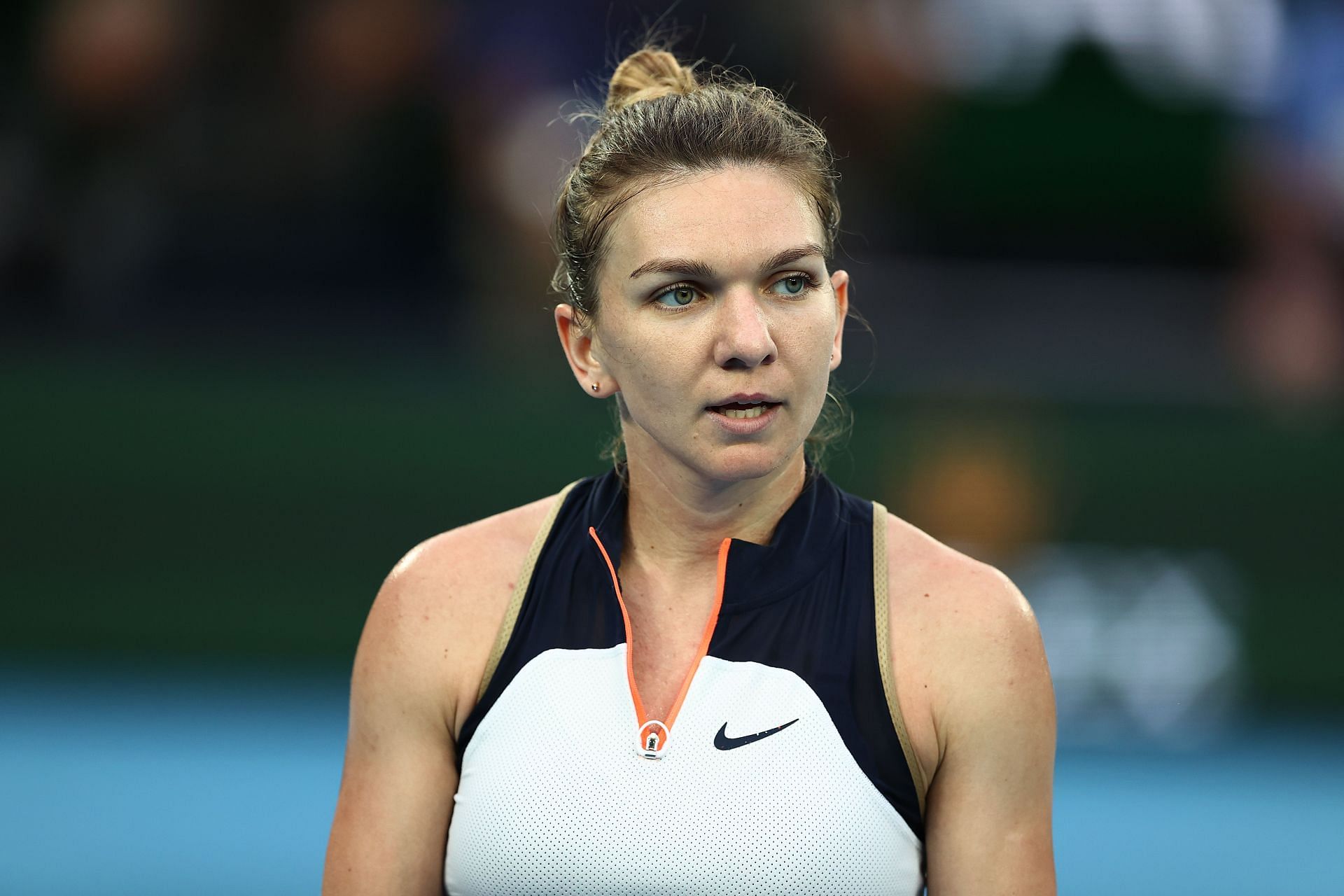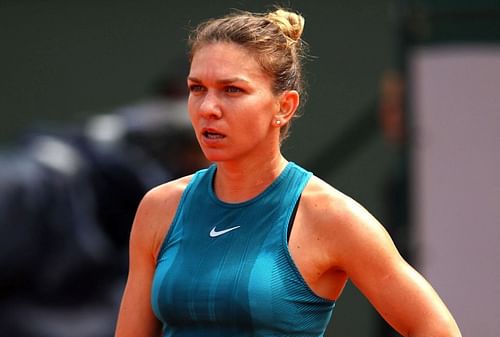
"We're condemning an innocent woman, we're making a mistake" - French Supreme court judicial expert gives Simona Halep clean chit in doping saga
On Tuesday, September 12,two-time Grand Slam winner Simona Halep was found guilty of having the prohibited substance roxodustat in her system and was barred from playing tennis professionally for four years. Jean-Claude Alvarez, a judicial expert for the French Supreme Court, disagreed with the verdict and gave Halep a clean chit.
Halep had tested positive for roxodustat while competing at the US Open last year. Consequently, she was provisionally suspended by the International Tennis Integrity Agency (ITIA).
Halep had reportedly reached out to toxicologist Alvarez to get some of her hair samples tested. The judicial expert recently revealed in a conversation with French newspaper L'Equipe that the amount of roxodustat he found in the Romanian's sample was very low.
“She [Halep] came to the lab, I took a hair sample from her. She had a very low level, less than 0.5 picograms per milligram in her hair. So I went to sample the only patient who has a treatment of roxadustat, [three times a week for renal failure] with this molecule in France and I tested one of her hairs: she has concentrations of 50 picograms per milligram,” he said.
Alvarez further suggested that Halep was inculpable and that condemning her was a misjudgment.
“You’d think you were dreaming. Right now, we’re condemning an innocent woman. We’re making a mistake. Given the concentration she has in her hair, it’s not possible for her to be taking roxadustat effectively,” he said.
Alvarez tabled the results from Halep's urine sample to reiterate his claim.
“The roxadustat level is 0.2 nanograms per milliliter (in urine) for Simona Halep. It doesn’t mean anything anymore. You may have them if you take food supplements. It’s all nonsense,” he added.
"The experts changed their interpretation" - Jean-Claude Alvarez on doping allegation against Simona Halep

In the interview with L'Equipe, Jean-Claude Alvarez affirmed the roxadustat detected in Simona Halep’s samples came from a supplement used to strengthen bones and increase muscle mass.
He suggested the supplement was manufactured in China, where roxadustat is commonly found. Also known as a collagen supplement, the substance is consumed in the form of powder to get rid of soreness. Alvarez further refuted allegations of peculiarities in the 31-year-old's biological passport.
“Six months on, they’re saying that her September sample is ‘lightly doping’ [slightly positive], when that wasn’t the case six months before. It was when they knew she had taken roxadustat in her analyses that the experts changed their interpretation. I just can’t understand it,” he said.
Simona Halep has vowed to challenge the verdict at the Court of Arbitration for Sports.